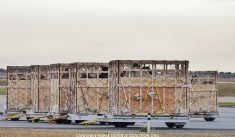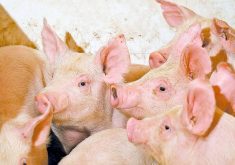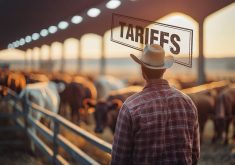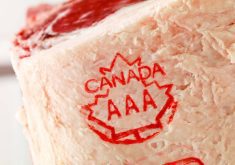An organization that provides certification and labelling for livestock producers with regards to animal welfare standards is gaining more popularity in Canada.
Animal Welfare Approved (AWA), an organization based in the U.S., has seen a recent jump in applications from Canadian farms. “It’s becoming more of an issue as Canada explores its own relationship with farm animals,” said Andrew Gunther, the program director for AWA. So far only four Canadian farms have gone through the entire certification process successfully, with the most recent addition being TK Ranch in Hanna. Two other AWA-certified farms are based in Quebec and the other is in Ontario.
Read Also
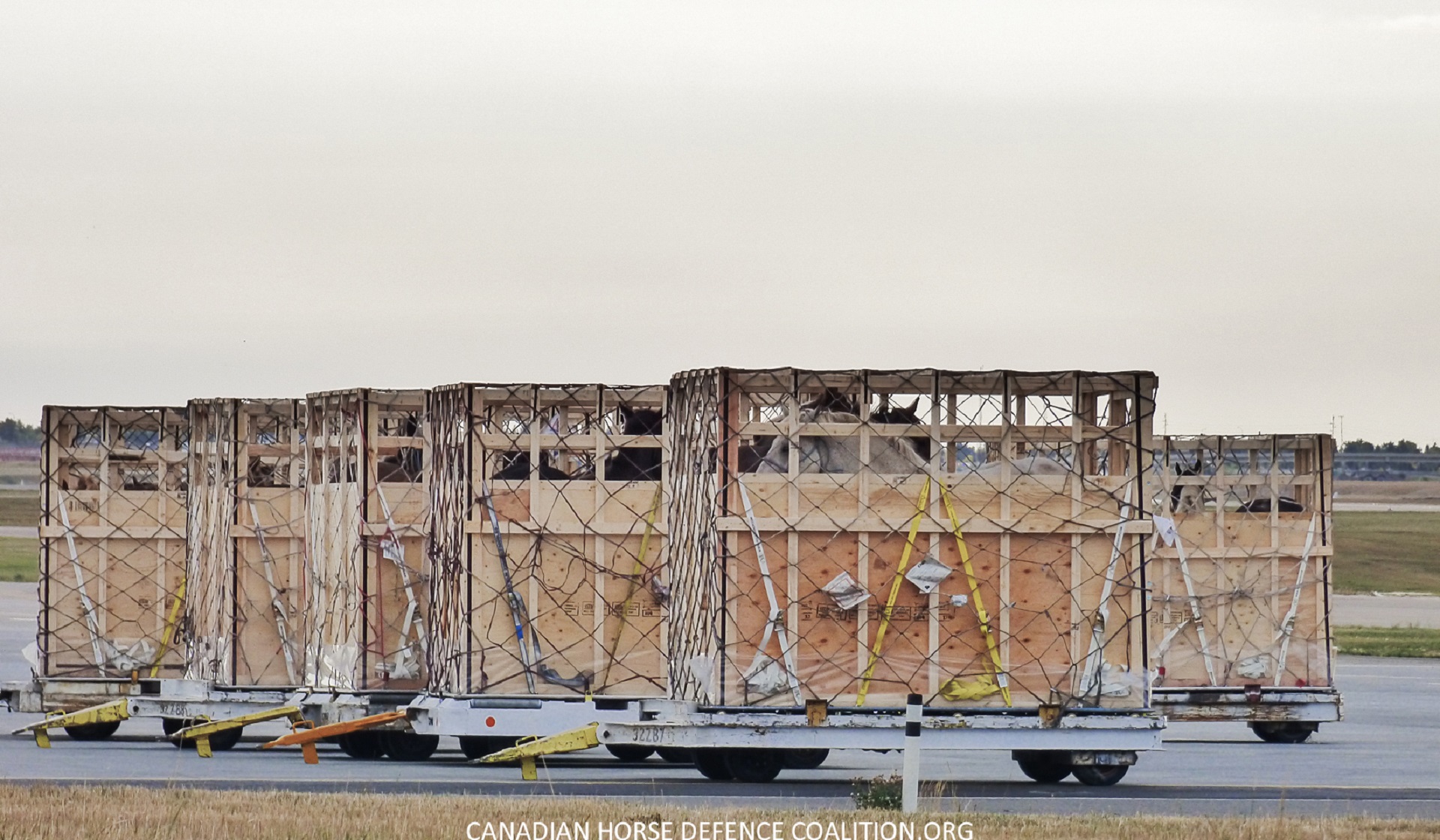
Horns aren’t unlocking anytime soon on livestock transport standards
Standards good enough meet the definition of “humane” animal transportation still vary widely between what what industry wants, what animal rights advocates want and, between the two, what federal regulators decide is good enough.
AWA provides certification for a variety of livestock operations. Gunther said it works with 1,500 farms across more than a million acres of land in North America. The organization has an office in Washington, D.C., but auditors and personnel work across the country giving AWA a physical presence in about 30 states and farmers in over 40.
Gunther expects interest to continue to rise as producers seek a label that he said doesn’t have an equivalent in a Canadian organization. He said Canada is short on humane or environmental seals, something consumers are looking for in their food. We are increasing our presence in the Canadian market,” he said. “Canada is naturally somewhere we would work in.”
The label complies with Canadian regulations, he said. “If you’re looking to avoid chemicals, if you’re looking to ensure your animal was raised to the highest welfare standards without trashing the environment… then we are the only seal you should really look for,” he said.
Certification process straightforward
In order to be certified by AWA, interested farmers can check out their detailed standards online and see if they feel their farm would be compliant. The short version of AWA’s standards for animal welfare is no mutilations, no confinement and no drugs or antibiotics unless prescribed by a vet.
“AWA believes the right animal in the right environment will thrive,” Gunther said.
If the producer is interested an application form is filled out. Then an auditor will go through a pre-visit questionnaire and soon after an on-site inspection.
“The standards are on the website so there are no surprises,” Gunther said. The subsequent audit is then submitted to an independent approvals board, and the slaughter plant needs to be approved as well. If the farm passes muster, a certificate will be sent and the label can be used. Gunther said, “if everything flows well” the process takes about 10 weeks.
Unlike most other production certification programs, particularly in the organic sector, this process is at no cost for producers. “Absolutely nothing,” he said, adding that AWA is a donor-funded organization that has been around in charity form since 1951 and in its current form since 2008.
Colleen Biggs of TK Ranch said they decided to pursue the AWA certification as a way for their beef to stand out for methods they’ve already been using.
“I guess more than anything to differentiate our product,” she said, noting there’s not a lot of ways for consumers to compare different options. Their beef cattle aren’t the only livestock the Biggs are getting certified — they recently had an inspection for their pigs and lambs to receive the AWA stamp of approval as well. “It’s a very stringent program,” she said. “I really liked what they were doing.”


